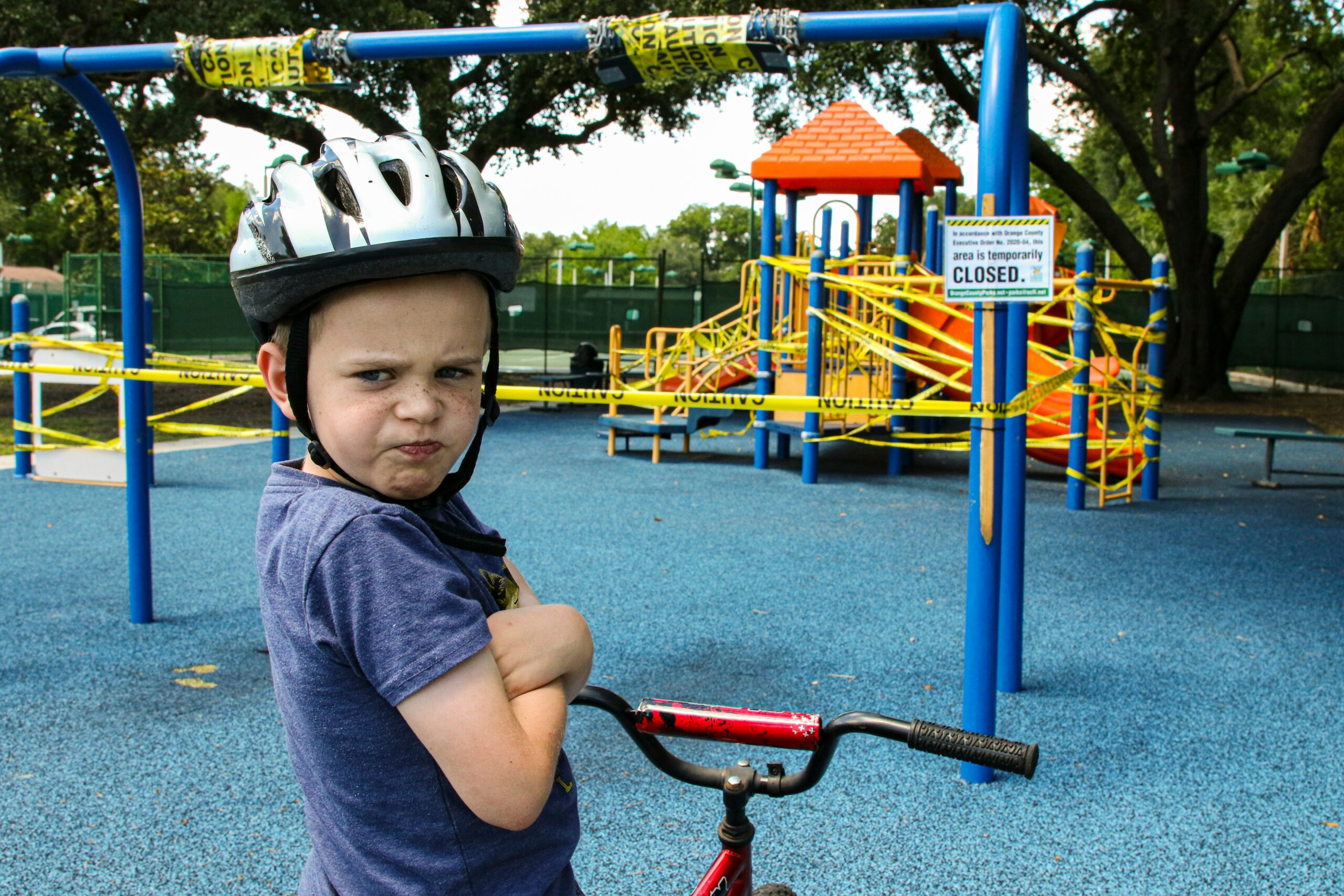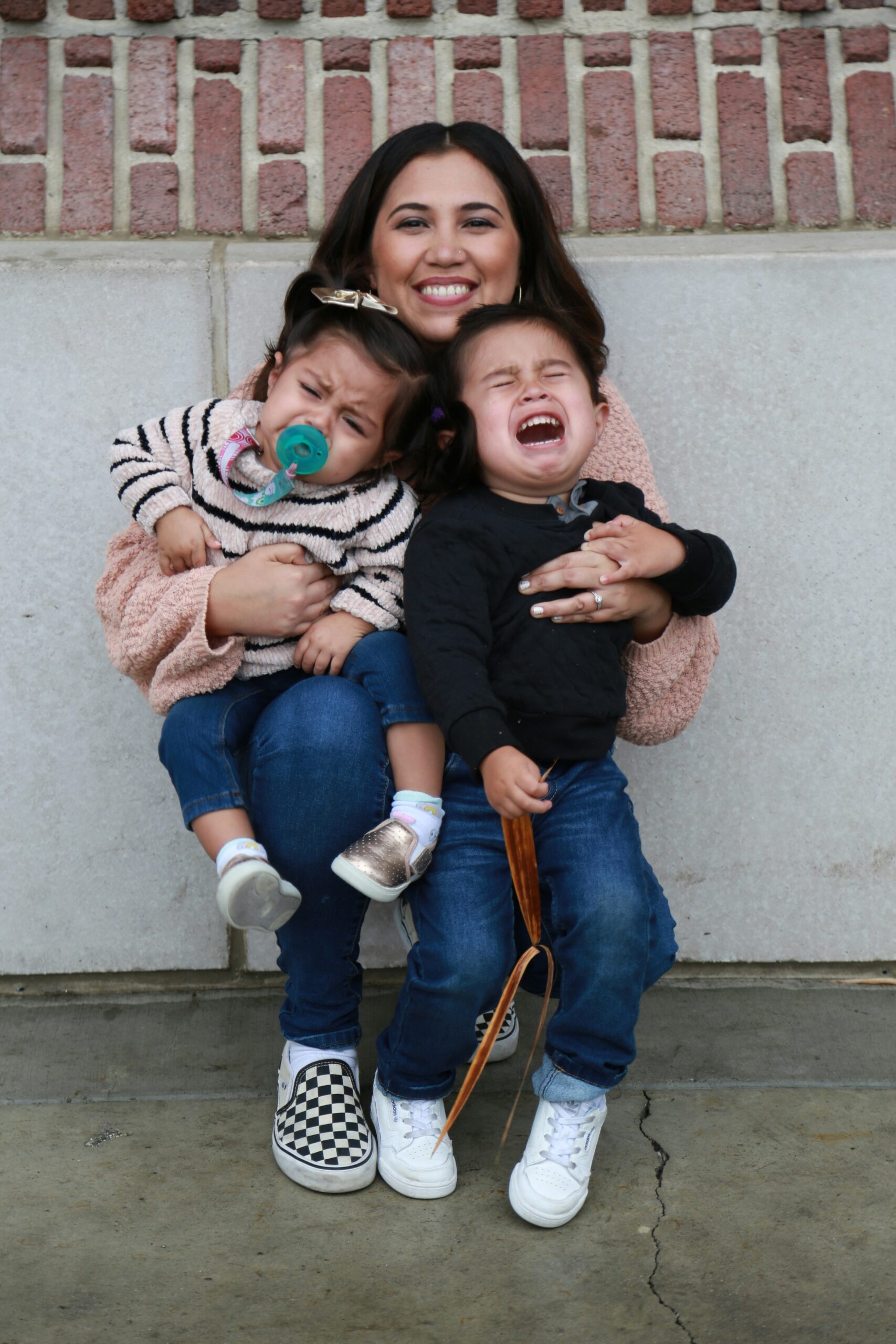 Parents often face challenges when managing children’s behaviors at home. These challenges can range from mild issues, like occasional disobedience, to more severe problems, such as aggressive or defiant behavior. As a social worker, I understand the importance of a structured approach to managing children’s behaviors at home, emphasizing consistency, empathy, and effective communication. This blog aims to provide parents with practical strategies for managing children’s behaviors at home, fostering a positive and nurturing environment.
Parents often face challenges when managing children’s behaviors at home. These challenges can range from mild issues, like occasional disobedience, to more severe problems, such as aggressive or defiant behavior. As a social worker, I understand the importance of a structured approach to managing children’s behaviors at home, emphasizing consistency, empathy, and effective communication. This blog aims to provide parents with practical strategies for managing children’s behaviors at home, fostering a positive and nurturing environment.
Understanding Children’s Behavior Problems:
 Managing children’s behavior can be challenging for parents. It can manifest in various ways, including tantrums, defiance, aggression, and hyperactivity. It’s crucial to understand that these behaviors often stem from underlying issues such as unmet needs, developmental stages, or external stressors. Recognizing the root causes is the first step in effectively addressing these behaviors.
Managing children’s behavior can be challenging for parents. It can manifest in various ways, including tantrums, defiance, aggression, and hyperactivity. It’s crucial to understand that these behaviors often stem from underlying issues such as unmet needs, developmental stages, or external stressors. Recognizing the root causes is the first step in effectively addressing these behaviors.
Behavioral problems might also be indicative of more serious underlying conditions, such as ADHD, autism spectrum disorder, or mood disorders. Therefore, it’s essential to observe patterns and triggers carefully. Consulting with a pediatrician or a child psychologist for a comprehensive evaluation can provide clarity and guide appropriate interventions.
Creating a Supportive Environment for Managing Children’s Behaviors at Home:
A supportive environment is essential for children to thrive. Here are some strategies to help create such an environment:
- Consistency: Consistent routines and expectations provide children with a sense of security. Establish clear rules and consequences, and ensure that all caregivers are on the same page.
- Positive Reinforcement: Reinforce desirable behavior with praise, rewards, or privileges. Positive reinforcement encourages children to repeat good behavior and fosters a positive self-image.
- Modeling Behavior: Children often imitate the behavior of adults. Demonstrating respectful and calm behavior in challenging situations teaches children how to handle their emotions and reactions.
- Open Communication: Encourage open and honest communication. Listen to your child’s concerns and feelings without judgment. This helps children feel heard and understood, reducing the likelihood of acting out.
- Safe Spaces: Create safe, calm spaces where your child can retreat when feeling overwhelmed. A designated area for quiet time or relaxation can help children manage their emotions better.
Implementing Effective Discipline Strategies for Managing Children’s Behavior:
 Effective discipline is not about punishment but teaching and guiding children toward appropriate behavior. Here are some strategies:
Effective discipline is not about punishment but teaching and guiding children toward appropriate behavior. Here are some strategies:
- Natural and Logical Consequences: Allow children to experience the natural consequences of their actions when safe. For example, if a child refuses to wear a coat, they might feel cold. Logical consequences are directly related to the misbehavior, such as losing screen time for not completing homework.
- Time-Outs: Time-outs can be effective for younger children to help them calm down and reflect on their behavior. Ensure the time-out is brief and followed by a discussion about the behavior.
- Setting Limits: Clearly define acceptable and unacceptable behavior. Be firm but fair, and ensure the child understands the boundaries.
- Consistency in Discipline: Apply consequences consistently. Inconsistent discipline can confuse children and undermine efforts to manage behavior.
- Restorative Practices: Encourage restorative practices where children make amends for their misbehavior. For example, if they break a toy, they help repair it or clean up the mess. This teaches responsibility and the impact of their actions.
Building Emotional Intelligence:
Emotional intelligence is the ability to understand and manage one’s emotions and empathize with others. Teaching children emotional intelligence can significantly reduce behavioral problems. Here’s how:
 Emotional Literacy: Help children identify and name their emotions. Use age-appropriate language and encourage them to express their feelings verbally.
Emotional Literacy: Help children identify and name their emotions. Use age-appropriate language and encourage them to express their feelings verbally.- Coping Skills: Teach children healthy coping mechanisms for dealing with strong emotions, such as deep breathing, counting to ten, or engaging in physical activity.
- Empathy: Encourage children to consider other people’s feelings. Role-playing and discussing different scenarios can help children develop empathy.
- Problem-Solving Skills: Involve children in problem-solving when conflicts arise. This teaches them to think critically and develop solutions rather than acting out impulsively
- Mindfulness and Relaxation Techniques: Introduce mindfulness exercises, such as guided imagery or progressive muscle relaxation, to help children learn to manage stress and anxiety effectively.
Addressing Underlying Issues:
Managing children’s behavior problems can often have underlying causes that need to be addressed. These could include:
- Developmental Stages: Understand that some behaviors are typical at certain developmental stages. Educate yourself on these stages to set realistic expectations.
- Stress and Anxiety: Children may act out due to stress or anxiety from changes at home, school, or social environments. Create a stable and reassuring environment, and consider professional help if necessary. To learn more about how anxiety impacts children click here.
- Attention Needs: Sometimes, children misbehave to seek attention. Ensure your child receives adequate positive attention and engagement from caregivers.
- Learning Disabilities: Behavioral problems can sometimes be linked to undiagnosed learning disabilities. If you suspect this, seek a professional evaluation.
- Trauma and Adverse Experiences: Exposure to trauma or adverse experiences can significantly impact a child’s behavior. Professional support can help children process and recover from such experiences.
Engaging Professional Help:
There are times when professional help is necessary to address behavioral problems effectively. Social workers, therapists, and counselors can provide valuable support and guidance. Here are some indicators that professional help might be needed:
 Persistent or Severe Behavior: If the behavior is persistent, severe, or escalating, it may be time to seek professional assistance.
Persistent or Severe Behavior: If the behavior is persistent, severe, or escalating, it may be time to seek professional assistance. - Impact on Daily Life: When behavioral problems significantly impact daily life, school performance, or family dynamics, professional intervention can help.
- Parental Stress: If managing your child’s behavior is causing significant stress or strain on the family, a social worker or therapist can provide strategies and support.
- Mental Health Concerns: If there are signs of underlying mental health issues, such as depression, anxiety, or trauma, professional help is crucial.
Professional help can also provide parents with tailored strategies and coping mechanisms, reducing feelings of isolation and helplessness. To contact us for more information on how we can help follow the link contact us.
Self-Care for Parents for Managing Children’s Behaviors:
Managing a child’s behavioral problems can be exhausting and stressful. Parents must prioritize their well-being to effectively support their children. Here are some self-care tips:
 Seek Support: Connect with other parents, support groups, or a therapist to share experiences and gain advice.
Seek Support: Connect with other parents, support groups, or a therapist to share experiences and gain advice. - Take Breaks: Ensure you take time for yourself to recharge. Short breaks can help you maintain patience and perspective.
- Practice Mindfulness: Techniques like mindfulness and meditation can reduce stress and improve emotional regulation.
- Healthy Lifestyle: Maintain a healthy lifestyle, including regular exercise, a balanced diet, and sufficient sleep.
- Set Realistic Expectations: Understand that behavior change takes time. Set realistic goals for yourself and your child, and celebrate small victories along the way.
 Addressing a child’s behavioral problems at home requires a multifaceted approach that includes understanding the root causes, creating a supportive environment, implementing effective discipline strategies, building emotional intelligence, and seeking professional help when needed. By approaching these challenges with empathy, consistency, and open communication, parents can foster a positive and nurturing environment that promotes healthy behavior and emotional well-being. Remember, seeking support from professionals like social workers can provide valuable insights and strategies tailored to your family’s unique needs. Together, these efforts can lead to lasting improvements in your child’s behavior and overall family dynamics.
Addressing a child’s behavioral problems at home requires a multifaceted approach that includes understanding the root causes, creating a supportive environment, implementing effective discipline strategies, building emotional intelligence, and seeking professional help when needed. By approaching these challenges with empathy, consistency, and open communication, parents can foster a positive and nurturing environment that promotes healthy behavior and emotional well-being. Remember, seeking support from professionals like social workers can provide valuable insights and strategies tailored to your family’s unique needs. Together, these efforts can lead to lasting improvements in your child’s behavior and overall family dynamics.
Ultimately, the goal is to build a harmonious home where children feel understood, valued, and supported, paving the way for their healthy development and future success.
Explore Our Services at Bright Idea Counseling:
At Bright Idea Counseling, we offer a wide range of therapy services tailored to meet your unique needs. From individual and family therapy to specialized programs for stress management and mental health, our experienced team is here to support you every step of the way.
To learn more about how we can help you and your loved ones, click the link below.
Discover the Support Your Family Deserves
At Bright Idea Counseling, we understand that every family faces unique challenges and stresses. Whether you’re navigating the ups and downs of daily life or encountering more complex issues, our dedicated team is here to help.
Don’t face these challenges alone. Reach out to us today to learn more about our personalized therapy services and see how we can support your family’s journey toward well-being and harmony. Contact us now to schedule a consultation and take the first step towards a brighter tomorrow with Bright Idea Counseling.


